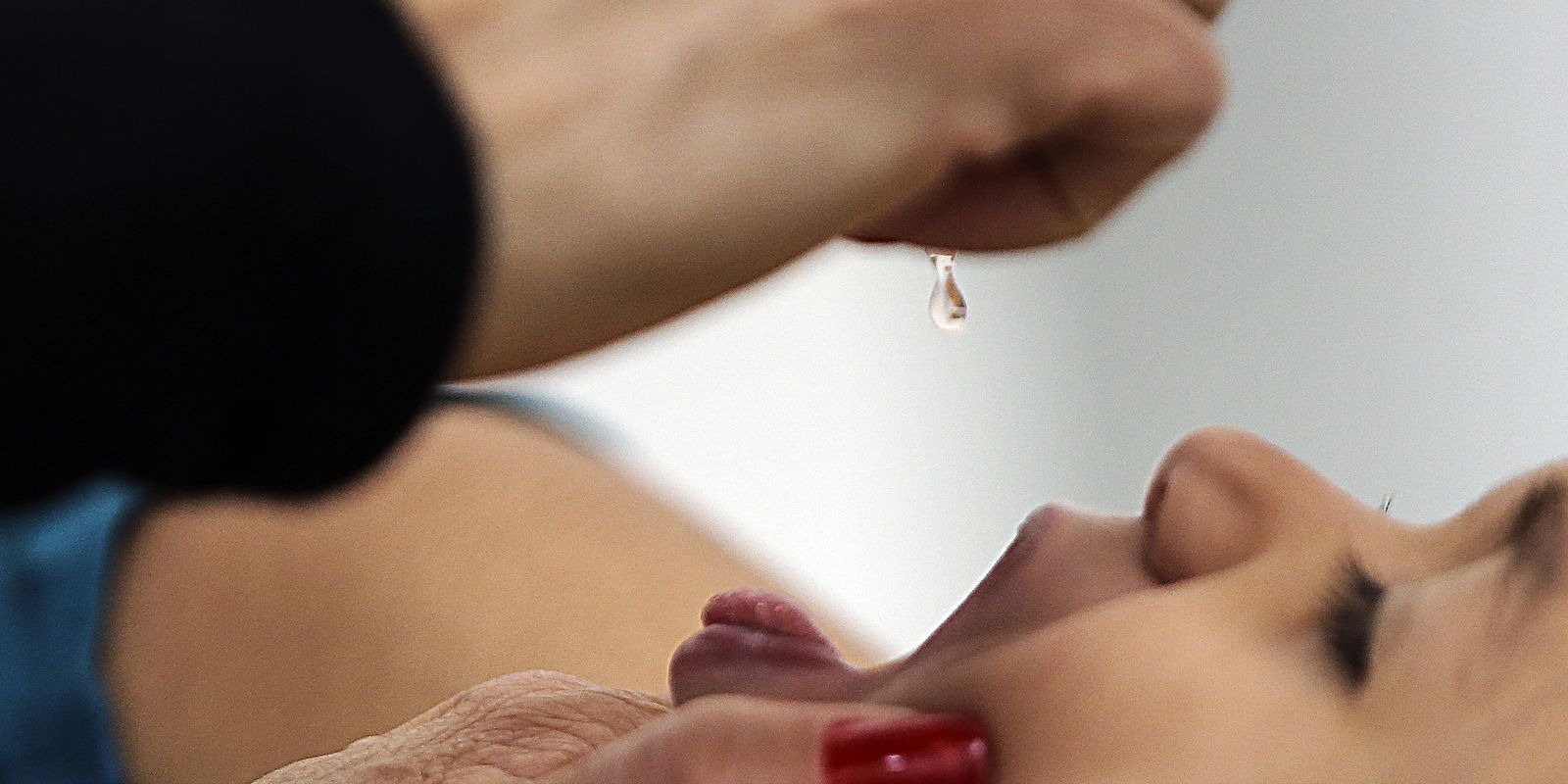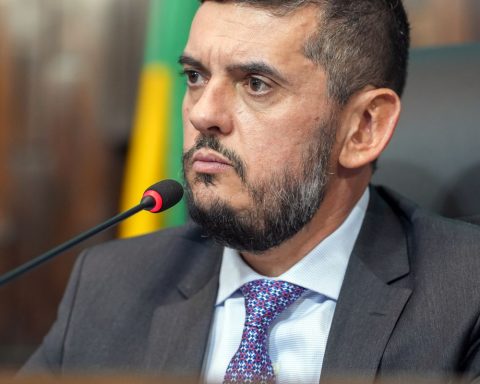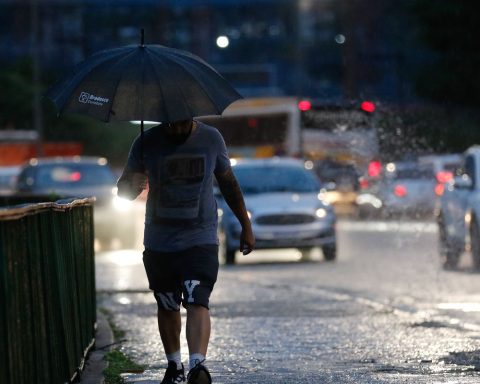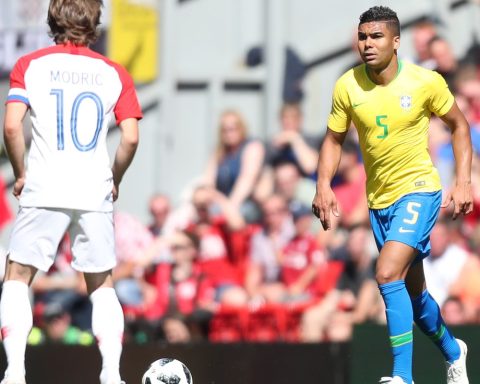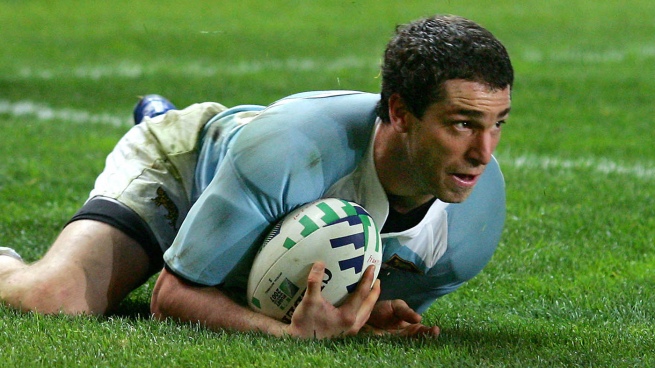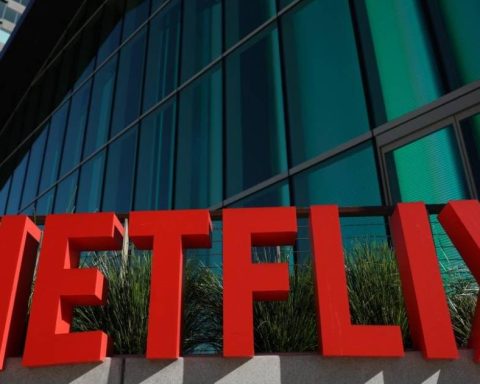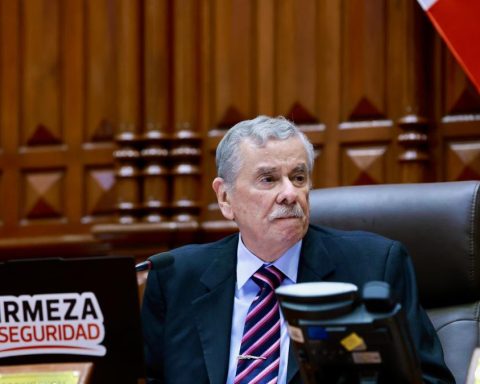Child vaccination coverage throughout the state of Rio de Janeiro has registered a significant drop in the last five years. According to the survey by the Immunization Management of the State Health Department (SES), released today (25) by the ministry, and which brings an “alarming” panorama, the rates are the lowest since 2002. The exception is for the vaccine BCG, offered in maternity hospitals. The study pointed out that the biggest impact was in 2020, as a result of the covid-19 pandemic. 
The need for social isolation made access to vaccination posts difficult. According to the survey, that year, approximately 40% of babies in the state were no longer immunized.
The Secretary of State for Health, Alexandre Chieppe, warned that many serious diseases such as measles and polio can be prevented by vaccinating children. “Therefore, it is extremely important that parents look for the posts with the children’s vaccination booklet so that they receive all the immunizations of the children’s routine”, he said.
The first dose of the MMR vaccine for measles, mumps and rubella dropped by approximately 40%, compared to 2017, which reached 94.29% immunization, and 2021, when it dropped to 55.97%. In the reinforcement stage, the reduction is even greater, around 46%. In 2017, vaccination coverage was 67.96% and, in 2021, 36.25%. “The second dose should be given to children aged 15 months to 4 years. The goal recommended by the National Immunization Program (PNI) is the immunization of 95% of the target audience”, informed the SES.
According to the secretariat, in 2020, the state of Rio recorded 1,302 measles cases. The number is equivalent to an increase of 147% compared to 2019. That year, 526 cases were recorded.
Polio
Vaccination coverage also declined for polio. The drop in the application of the first dose of the vaccine is approximately 41%, in the same comparison. In 2017, it was 88.76% and, in 2021, 52.26%. Another reduction that drew attention was in the booster doses, applied between 15 months and 4 years. In the first reinforcement, coverage went from 77.20% in 2017 to 43.24% in 2021. The difference corresponds to a decrease of 43.98%. In the last dose, applied at age 4, in 2017, it was 65.59%, but in 2021 it dropped to 38.07%. “The low in vaccination coverage was 41.95%”, completed the SES.
The secretariat informed that the last case of poliomyelitis infection in Brazil was registered in the city of Souza, in Paraíba, in 1989. In 1994, the country received the certificate of elimination of polio. The eradication of the disease, also known as infantile paralysis, is the result of the success of the National Immunization Program (PNI), which provides a schedule for the free application of more than 12 vaccines in children up to 5 years old.
Among the vaccines provided for in the PNI calendar for children up to 5 years of age are BCG; hepatitis A and B; penta for diphtheria, tetanus, whooping cough, Haemophilus influenzae B and hepatitis B; 10-valent pneumococcal; the inactivated polio vaccine (VIP); the Human Rotavirus (HRV) vaccine; meningococcal C (conjugated); the oral polio vaccine (OPV); yellow fever; the triple viral; DTP for diphtheria, tetanus and whooping cough; and chickenpox for chickenpox.
For adolescents, quadrivalent HPV (human papillomavirus) vaccines are available; dTpa for pregnant adolescents and against diphtheria, tetanus and whooping cough; meningococcal ACWY (conjugated) and dT (diphtheria and tetanus). “Although the National Immunization Calendar provides for age groups for vaccine application, it is important to reinforce that immunobiologicals are available in the vaccination rooms of the municipalities so that the vaccination schedules are completed at any age”, informed the secretary.
Covid-19
The application of the Pfizer vaccine against covid-19 in children aged 5 to 11 years and the CoronaVac for children aged 6 to 11 years has been authorized by the Ministry of Health since January this year. “The vaccination schedule provides for two doses: in the case of Pfizer, the interval is eight weeks; and for CoronaVac, 28 days. Vaccination coverage in this age group across the state is at 32%, with more than 500,000 doses already applied,” he said.
